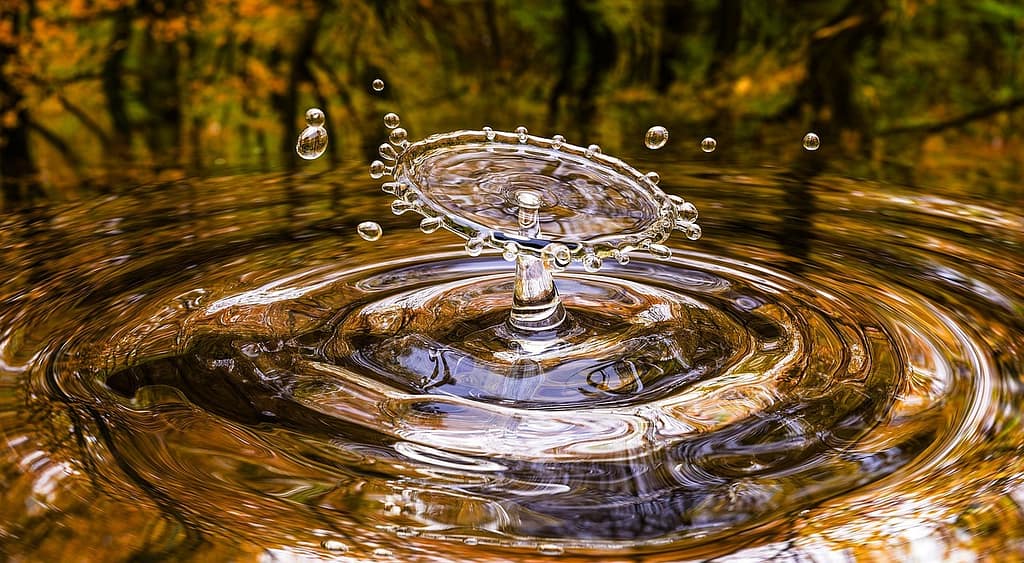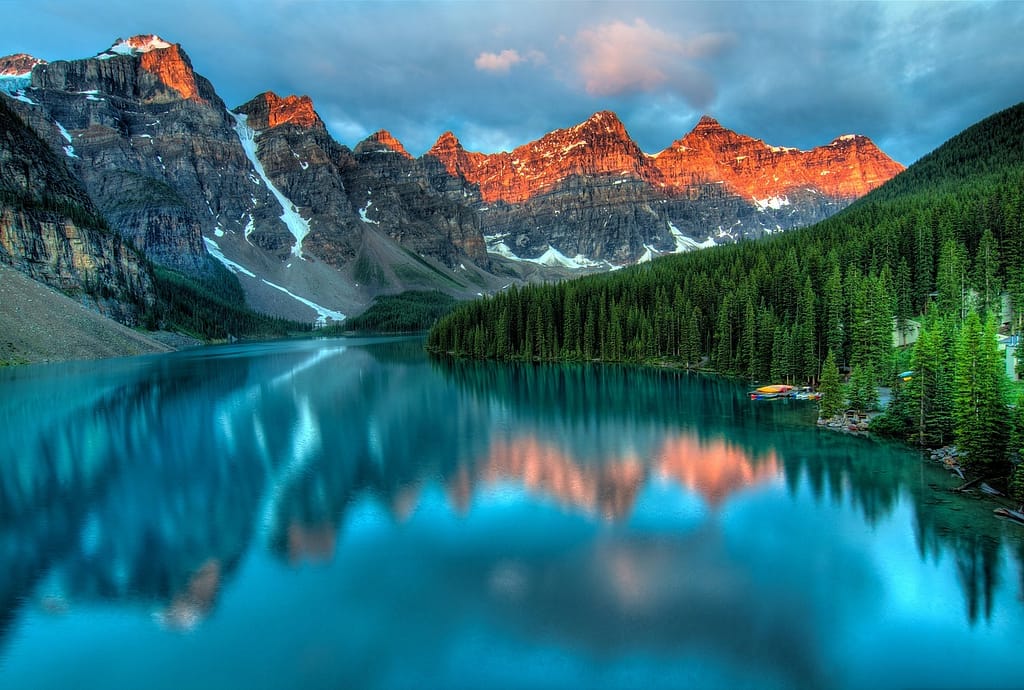Earth Day, celebrated annually on April 22nd, is a global event that pulsates with the energy of collective action for our planet. It’s a day dedicated to raising awareness about the environmental challenges we face and fostering a sense of shared responsibility for creating a healthier future. This year’s theme, “Invest In Our Planet,” rings truer than ever. It underscores the urgent need for collective action, innovation, and investment in sustainable solutions to ensure a thriving Earth for generations to come.

More about earth day
From the towering peaks of the Himalayas to the vibrant coral reefs teeming with life, our planet is a breathtaking tapestry of ecosystems brimming with biodiversity. It provides us with everything we need to survive and thrive – clean air, fresh water, fertile soil, and a vast array of resources. However, human activities over the past century have significantly disrupted this delicate balance. Climate change, deforestation, pollution, and unsustainable resource use threaten the very foundation of our existence.
Earth Day serves as a powerful reminder that we are not just inhabitants of this planet, but integral parts of its complex web of life. Our actions, big or small, have a cumulative impact on the environment. The good news is that we also have the power to create positive change. By fostering environmental awareness, embracing sustainable practices, and advocating for change, we can chart a course towards a healthier planet for all.

This Earth Day quiz is designed to be both informative and engaging. It will test your knowledge of environmental issues, sustainable living practices, and some fascinating Earth trivia. Whether you’re a seasoned eco-warrior or just starting your journey towards a greener lifestyle, this quiz will provide valuable insights and inspire you to take action. So, grab a pen and paper (or keep score mentally!), and let’s embark on a journey of Earth exploration!
Round 1: Earth Day & Environmental Awareness
- In what year was the first Earth Day celebrated?
- a) 1950
- b) 1970
- c) 1990
- d) 2000
- Who is credited with founding Earth Day?
- a) John Muir
- b) Rachel Carson
- c) Gaylord Nelson
- d) Al Gore
- Approximately what percentage of the Earth’s surface is covered in water?
- a) 20%
- b) 30%
- c) 50%
- d) 71%
- What is the largest living organism on Earth?
- a) A blue whale
- b) A giant sequoia tree
- c) A mushroom network
- d) A coral reef
- What is the main greenhouse gas driving climate change?
- a) Carbon dioxide
- b) Methane
- c) Nitrous oxide
- d) All of the above
- The depletion of the ozone layer allows which harmful radiation to reach the Earth’s surface in greater amounts?
- a) Visible light
- b) Ultraviolet radiation
- c) Infrared radiation
- d) Radio waves
- What is the largest tropical rainforest in the world, often referred to as “the lungs of the planet”?
- a) The Amazon rainforest
- b) The Congo rainforest
- c) The Southeast Asian rainforest
- d) The Temperate rainforests of North America
- What international treaty aims to reduce greenhouse gas emissions and combat climate change?
- a) The Kyoto Protocol (Precursor to the Paris Agreement)
- b) The Montreal Protocol (Focuses on Ozone Depletion)
- c) The Convention on Biological Diversity
- d) The Paris Agreement
- What percentage of the world’s population lives in countries that have legally binding national targets to reduce greenhouse gas emissions?
- a) Less than 25%
- b) Between 25% and 50%
- c) Between 50% and 75%
- d) More than 75
- What is the term used to describe the interconnectedness of all living things on Earth and the nonliving elements of their environment?
- a) Ecosystem
- b) Biosphere
- c) Habitat
- d) Sustainability
That’s a great ten questions to test your Earth Day knowledge! Before we move on to sustainable practices and delve deeper into environmental issues, let’s take a moment to appreciate the incredible diversity of life on our planet. Earth is home to an estimated 8.7 million different species, each playing a vital role in the intricate web of ecosystems that sustain us all. From towering redwoods to the tiniest insects, every organism contributes to the health of our planet. However, human activities threaten this biodiversity at an alarming rate. Habitat loss, pollution, and climate change are pushing countless species towards extinction. This Earth Day, let’s not only focus on reducing our environmental impact but also advocate for the protection of our planet’s magnificent biodiversity. Now, ready for round two? Let’s see how much you know about sustainable living and green practices!
Sustainable Living & Green Practices: Round 2
- Which of the following is NOT a renewable energy source?
- a) Solar power
- b) Wind power
- c) Hydropower
- d) Coal
- What is the practice of reducing, reusing, and recycling waste called?
- a) Composting
- b) The 3 R’s
- c) Sustainable consumption
- d) Green living
- What is the term used for agricultural practices that minimize environmental impact and promote soil health?
- a) Organic farming
- b) Precision agriculture
- c) Monoculture farming
- d) Intensive agriculture
- What simple step can you take at home to conserve water?
- a) Take shorter showers
- b) Fix leaky faucets
- c) Water your lawn less frequently
- d) All of the above
- What is a benefit of using energy-efficient appliances?
- a) Saves money on electricity bills
- b) Reduces your carbon footprint
- c) Both A and B
- d) Neither A nor B
Sustainable living is all about making conscious choices in our everyday lives to minimize our environmental impact and ensure a healthier planet for future generations. It’s not about drastic changes or extreme measures, but rather a collection of small, yet impactful steps. From the energy we consume to the products we buy, our choices have a ripple effect. By embracing sustainable practices like reducing waste, conserving resources, and opting for eco-friendly alternatives, we can collectively create a significant positive change. Round two tested your knowledge of these green practices. Now, buckle up for round three! We’ll delve a little deeper into some of the environmental challenges we face and explore ways we can all become better stewards of our planet.
Round 3: Beyond the Basics: Exploring Environmental Issues
- What is the term used for the gradual warming of Earth’s climate system caused primarily by human activities, such as burning fossil fuels, which increases heat-trapping greenhouse gas levels in Earth’s atmosphere?
- a) Global warming
- b) The greenhouse effect (Natural process)
- c) Ozone depletion
- d) Acid rain
- What is the process by which plastic breaks down into smaller and smaller pieces over time, but never truly disappears?
- a) Biodegradation
- b) Photodegradation
- c) Combustion
- d) Leaching
- What is the name of the vast plastic garbage patch swirling in the North Pacific Ocean, estimated to be twice the size of Texas?
- a) The Great Pacific Garbage Patch
- b) The Mariana Trench
- c) The Sargasso Sea
- d) The Indian Ocean Gyre
- What percentage of the world’s coral reefs are estimated to be at risk from climate change and other human activities?
- a) Less than 25%
- b) Between 25% and 50%
- c) Between 50% and 75%
- d) More than 75%
- What is the name of the international day dedicated to raising awareness about the importance of biodiversity and the steps we can take to protect it?
- a) World Environment Day (Focuses on broader environmental issues)
- b) Earth Day (Broader focus, but includes biodiversity)
- c) International Day of Forests
- d) International Day for Biological Diversity
Answer Key
Round 1
- (b) 1970
- (c) Gaylord Nelson
- (d) 71%
- (b) A giant sequoia tree
- (a) Carbon dioxide
- (b) Ultraviolet radiation
- (a) The Amazon rainforest
- (d) The Paris Agreement
- (c) Between 50% and 75%
- (a) Ecosystem
Round 2
- (d) Coal
- (b) The 3 R’s
- (a) Organic farming
- (d) All of the above
- (c) Both A and B
Round 3
- (a) Global warming
- (b) Photodegradation
- (a) The Great Pacific Garbage Patch
- (d) More than 75%
- (d) International Day for Biological Diversity
conclusion
So, how did you do on the Earth Day Quiz? Did you learn some interesting facts or discover areas where you can improve your eco-friendly habits? Remember, there’s no such thing as a perfect environmental score. The most important thing is to be conscious of your impact and strive to make positive changes, no matter how small. Earth Day is just one day, but the fight for a healthier planet is a continuous journey. Use the knowledge you gained from this quiz to spark conversations, inspire action in your community, and embrace a more sustainable lifestyle. Every step we take, together, contributes to a brighter future for our planet. Let’s continue learning, growing, and working towards a more sustainable future for all! Happy Earth Day!




